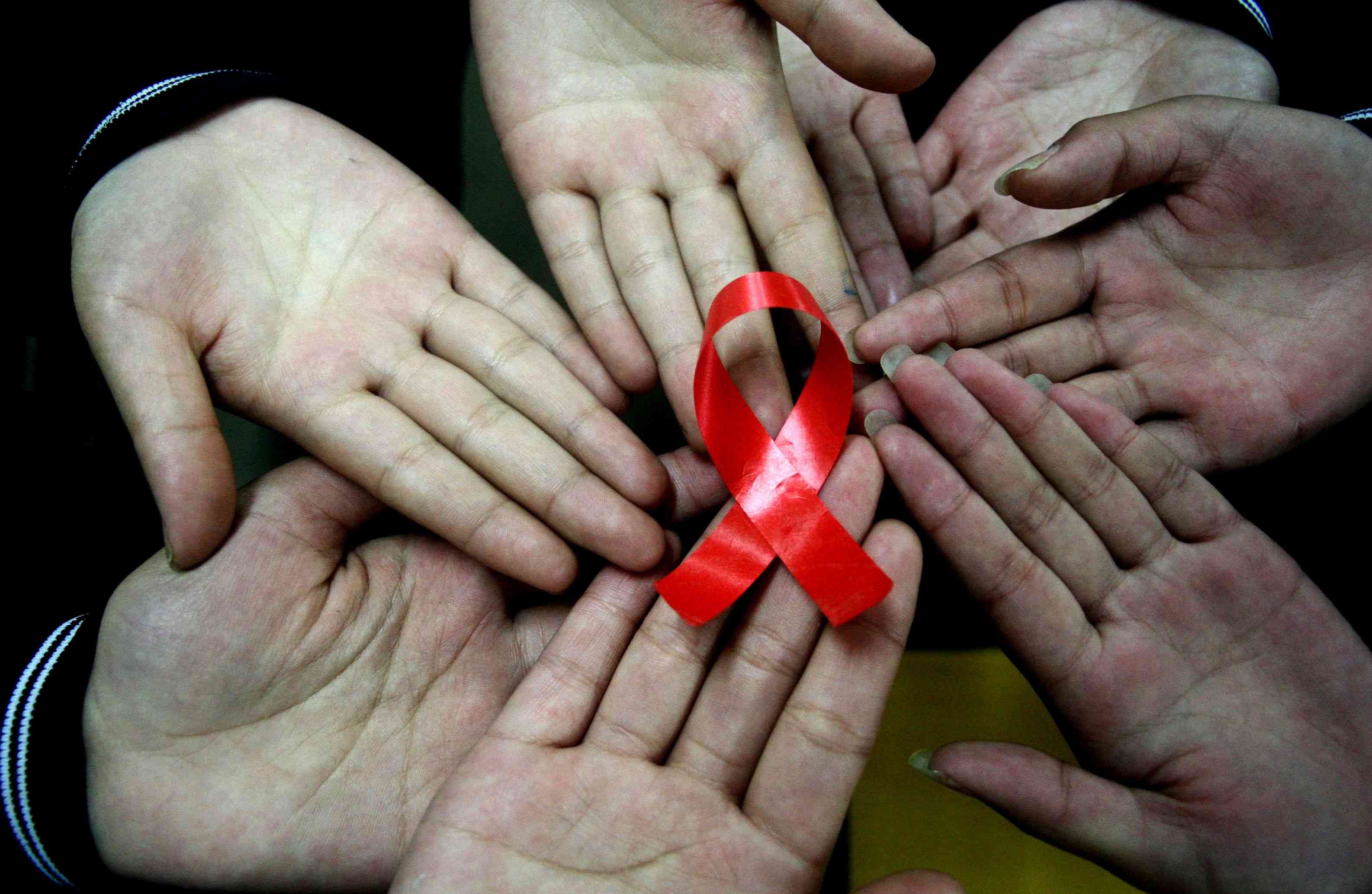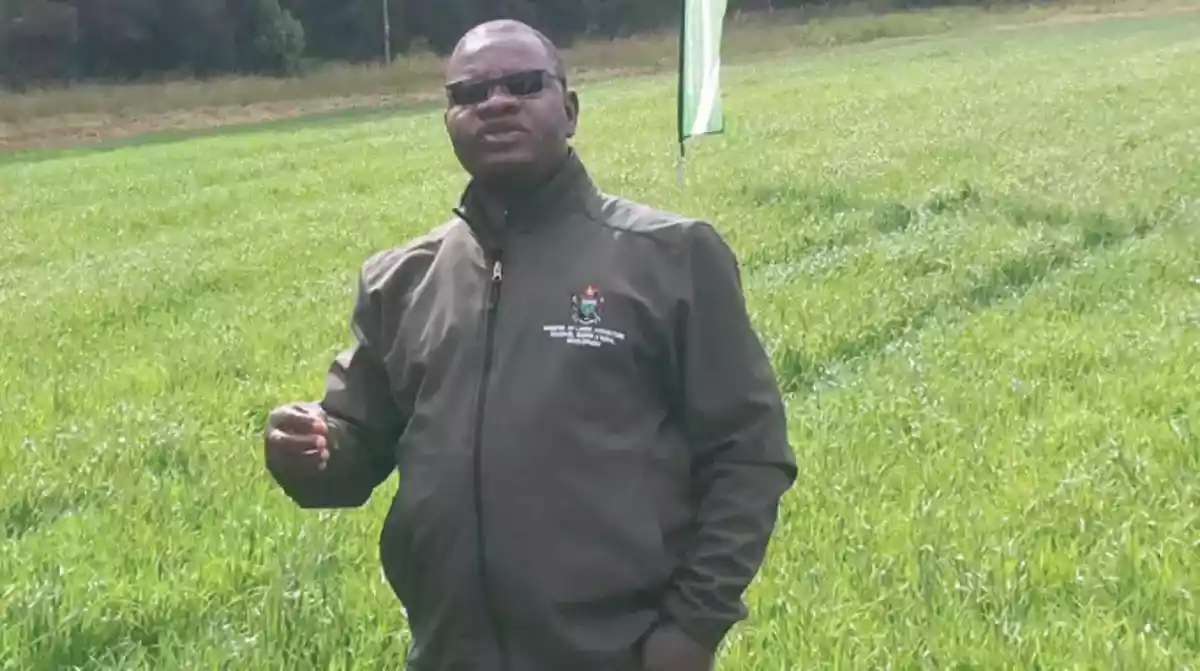
BY VANESSA GONYE
A NEW HIV Prevention and Accountability report developed by Frontline Aids and community partners in Zimbabwe has urged government to do more to curb the increasing number of new HIV infections.
Speaking at the ongoing International Conference on Aids and STIs in Africa (ICASA) in Harare, Lois Chingandu, spokesperson of Frontline Aids, said there was need for more investment on HIV prevention to meet the United Nations goal of ending HIV this year-end.
“It is important that countries do more when it comes to investing in HIV prevention and also show stronger leadership in countering anti-rights narratives within their countries,” Chingandu said.
“While progress has been made, barriers to HIV prevention remain. Today’s reports highlight the need for further investment to prevent HIV but also the need for much stronger leadership when it comes to countering anti-rights narratives if the global community is to strengthen and progress the HIV response across these nations.”
Chair of Frontline Aids, Nana Poku, echoed similar sentiments.
“Today’s landmark report shows that while governments across Africa and in India have made important steps towards reducing the number of people newly acquiring HIV, much more can and needs to be done in the fight against HIV,” Poku said.
“With effective tools and approaches to prevent HIV, including exciting new prevention technologies, it is vital that governments take the requisite steps in order to stop more people from acquiring HIV around the world.”
- Zim wins bid to host ICASA 2023
- Zim pilots new HIV drug
- ‘Icasa to boost Zim tourism’
- Rich pickings for Zim in hosting Icasa
Keep Reading
While progress towards HIV prevention in Zimbabwe is moving in the right direction, the HIV Prevention and Accountability report developed by Frontline Aids and community partners highlighted a number of barriers preventing the country from progressing further.
The report says the barriers have the ability to reverse the gains achieved to date.
In a related matter, the Aids and Rights Alliance for Southern Africa (ARASA) has launched a report on Sexual and Reproductive Health Rights (SRHR), HIV, TB, and Human Rights in southern and east Africa 2022/23.
Addressing delegates on Tuesday evening, ARASA director Ntombi Muchuchuti said the report aimed to capture the progress made between 2019 and 2023.
“It is also meant to serve as an important resource for promoting accountability at national and regional levels for reducing inequalities, protecting the SRHR of all, and achieving the Sustainable Development Goals (SDGs). Among other things, it outlines countries’ legal obligations and their commitments to provide, protect and promote SRHR,” Muchuchuti said.
“It also provides recent statistics on specific SRHR issues, including HIV and its co-infections, TB and HPV and covers SDGs — progress made towards SDGs 3,5,10,13&17 and national reporting of SDGs.”
The report also addresses Universal Health Coverage, Global Aids strategy 2021-2026, AU Strategy Agenda and UNAids zero discrimination agenda and Hepatitis C Virus.
“This report serves as an important resource for promoting accountability at national and regional levels for reducing inequalities, including gender inequality, protecting the SRHR of all, and achieving the SDGs. It also captures the progress made across SEA countries between 2019 and 2023, in spite of the COVID-19 pandemic and helps to capacitate partners and stakeholders to address structural and social barriers to achieving health goals (Goal 3) and reducing inequality (Goals 5 and 10), building on years of work around human rights-based responses to HIV to an expanded focus on SRHR more broadly,” she said.
Between 2020 and 2022, the number of new HIV infections reported in Zimbabwe has dropped by 7%.






